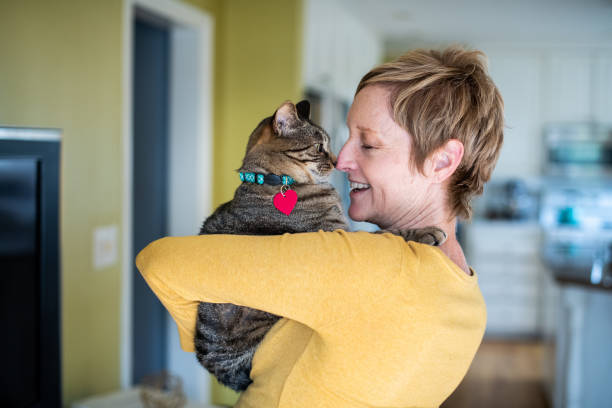Do It Yourself Cat Litter Solutions for Budget-Conscious Pet Owners
Wiki Article

Choosing the ideal cat litter for your feline pal can be a complicated task given the myriad of options readily available on the marketplace. This extensive guide will explore the numerous kinds of cat litter, their benefits, downsides, and whatever in between to help you make a notified decision.
The product of the cat litter plays an essential role in its efficiency. Common products include clay, silica gel, recycled paper, wood, corn, wheat, and walnut shells. Each product provides distinct benefits and potential downsides.
Clay-based litters are the most conventional and widely utilized due to their high absorbency and clumping abilities, that make cleanup much easier. However, they can be dirty and might not be the best alternative for cats or human beings with respiratory concerns. Silica gel crystals are highly absorbent, control smells effectively, and are low upkeep because they do not need to be changed as regularly. Nonetheless, they can be more pricey and some cats might not like the texture. Naturally degradable litters, made from recycled paper, wood, corn, wheat, and walnut shells, are environment-friendly choices. They are usually dust-free and great for felines with allergies, but their smell control and clumping abilities differ commonly.
The option between clumping and non-clumping litter is considerable. Clumping litter kinds solid masses when wet, Coconut Husk Cat Litter making it simple to scoop out urine and feces, therefore keeping a tidy litter box. Non-clumping litter takes in wetness however does not form clumps, which may result in more regular changes of the entire litter box.
Smell control is a top priority for a lot of feline owners. Litters are often infused with baking soda or charcoal to reduce the effects of odors. Preserving a fresh litter box likewise needs regular scooping, preferably two times a day, and following the manufacturer's guidelines for altering the litter and cleaning up the box.
The health of your feline and the ecological impact of the litter are also crucial aspects. Dust-free or low-dust options are better for breathing health. Biodegradable litters offer an environment-friendly alternative to clay, which is strip-mined and not renewable. In addition, it's essential to be knowledgeable about any allergic reactions your feline might have to certain materials.
Cost is a vital factor to consider, as the rate of cat litter can differ significantly. While silica gel and some naturally degradable litters might be more pricey upfront, their longevity can offer savings in the long run. On the other hand, clay litter is frequently less expensive but needs more regular replacement.
Eventually, the finest cat litter is one that matches both your and your feline's choices and requirements. It might cat litter pellets take some experimentation to find the perfect match. Take note of your cat's behavior and comfort, as well as the litter's performance in terms of odor control, absorbency, and maintenance.
Choosing the right cat litter contributes significantly to your feline's health, happiness, and the tidiness of your home. By thinking about the product, clumping capability, odor control, health impacts, environmental effects, and cost, you can make an educated choice that benefits both you and your furry buddy. Keep in cat litter box automatic mind, what works best for one cat may not suit another, so be ready to experiment till you discover the perfect service.